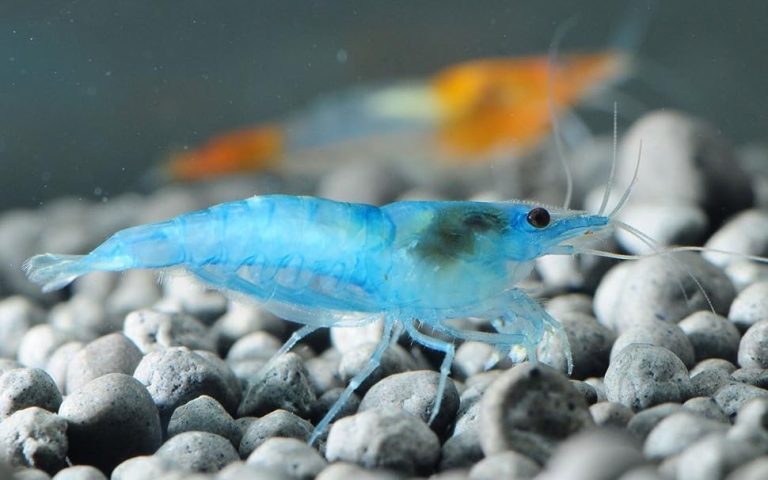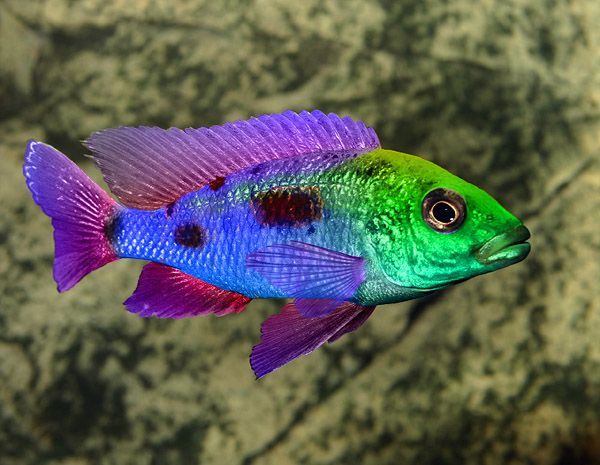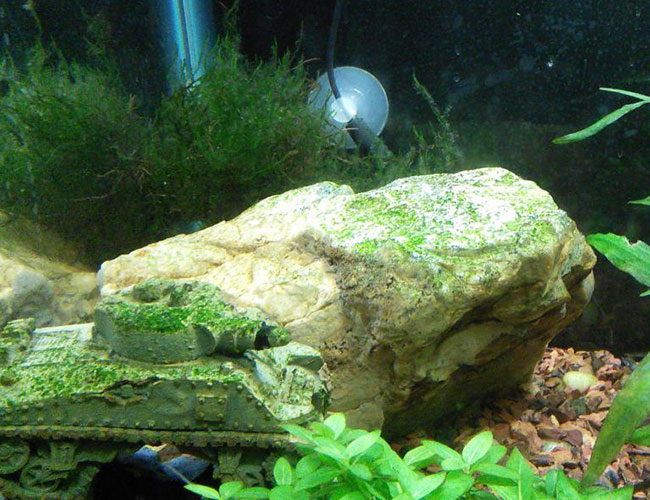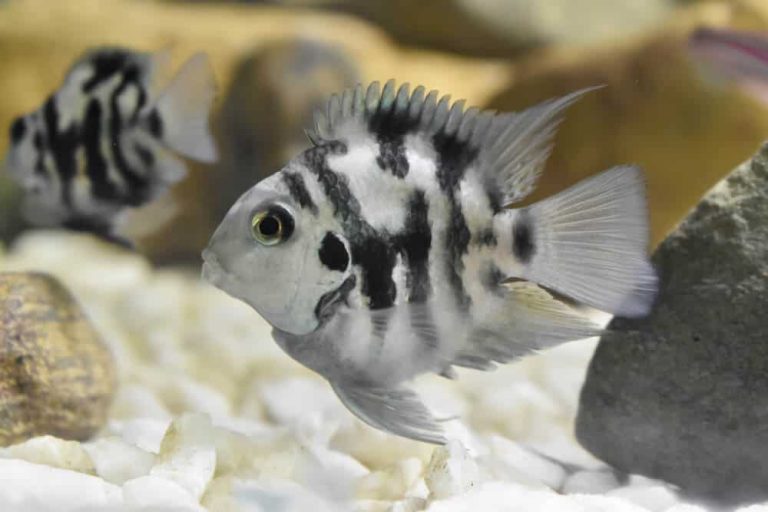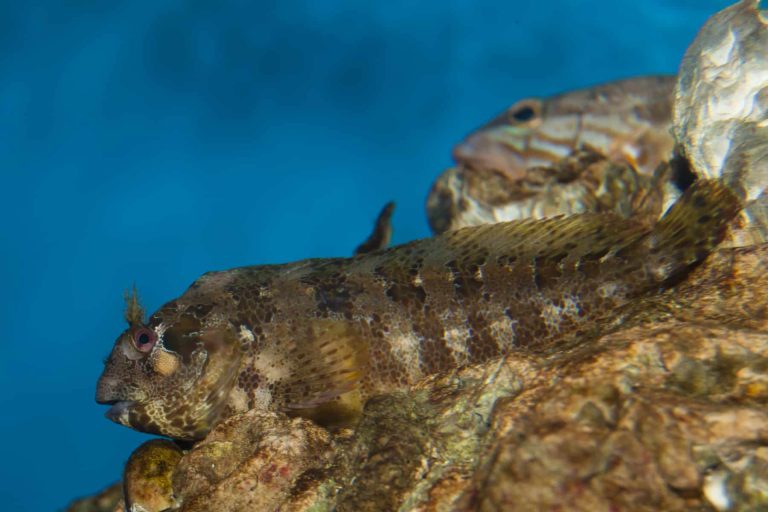How To Tell If Your Turtle Is Dead
Are you worried about your turtle’s wellbeing? Are you wondering how to tell if your turtle is dead? Don’t panic just yet! In this article, we will guide you through the process of determining if your turtle is deceased. We will cover various signs and symptoms to look out for, as well as some common misconceptions. By the end of this article, you will have a better understanding of how to assess your turtle’s condition.
Unlike cats or dogs, turtles have a unique way of showing their health or lack thereof. They are known for their slow motion and calm demeanor, which can sometimes make it difficult to tell if they are alive or not. However, there are a few key signs you can watch out for to determine if your turtle has passed away. Let’s dive in and explore these signs in more detail.
Lack of Movement
One of the most obvious signs that your turtle may be dead is the lack of movement. Turtles are known for their slow and deliberate movements, but if you notice that your turtle isn’t moving at all, it could be a cause for concern. Keep in mind that turtles do sleep, and they can sometimes stay still for extended periods. However, if your turtle remains motionless for an unusually long time and doesn’t respond to any stimuli, it may be a sign that something is wrong.

Unresponsive to Touch
Another indication of a potential problem is when your turtle doesn’t react when you touch or tap its shell. Normally, turtles will retract into their shells or at least show some sort of response when touched. If your turtle remains completely unresponsive, it is worth investigating further to confirm its state.
Pungent Odor
While it may not be the most pleasant thing to consider, the smell can also be an indicator of your turtle’s health. A strong and foul odor emanating from your turtle could be a sign of decay and decomposition. If the smell is overpowering and persists even after a thorough clean-up, this may point to a deceased turtle.
Sunken Eyes
Healthy turtles have clear and bright eyes that are full of life. On the other hand, a dead or dying turtle may have sunken and dull eyes. If you notice a change in the appearance of your turtle’s eyes, it could be an indication of its current state. However, be cautious as some turtles naturally have sunken eyes due to their species or age.
Lack of Response to Environmental Stimuli
Active and healthy turtles are responsive to their surroundings. They may become alert when you enter the room, swim around their enclosure, or show interest in food. If you notice that your turtle is not responding to these environmental stimuli, it may be a sign of a problem.
Frequently Asked Questions
Now, let’s address some common questions that turtle owners have regarding the death of their pets.
Q: How long can a turtle stay alive without moving?
A: Turtles can stay motionless for several hours or even days, particularly when sleeping or basking. If your turtle is motionless for an extended period but still shows signs of life when you approach or handle it, there’s likely nothing to worry about. However, if it remains completely still and unresponsive for an unusually long time, it is advisable to consult a veterinarian.
Q: What should I do if I suspect my turtle is dead?
A: If you suspect that your turtle has passed away, the best course of action is to contact a reptile veterinarian. They can provide guidance on how to handle the situation and determine whether your turtle is truly deceased. It is important not to bury or dispose of the turtle before seeking professional advice.
Q: Can a turtle come back to life after appearing dead?
A: While it is rare, some turtles can exhibit the “playing dead” behavior, especially in response to threats or stress. They may become motionless, close their eyes, and even emit a foul odor to deter predators. In such cases, it is crucial to remain cautious and seek veterinary assistance to confirm the turtle’s condition.
Final Thoughts
Losing a pet turtle can be a heartbreaking experience. However, it is essential to remain vigilant and observant when assessing your turtle’s condition. Remember, turtles have unique behaviors, and some may appear motionless for prolonged periods without any underlying health issues. If you have concerns about your turtle’s well-being, it is always best to seek professional advice from a reptile veterinarian. They can provide the expertise and guidance needed to ensure your turtle’s health and wellbeing.

